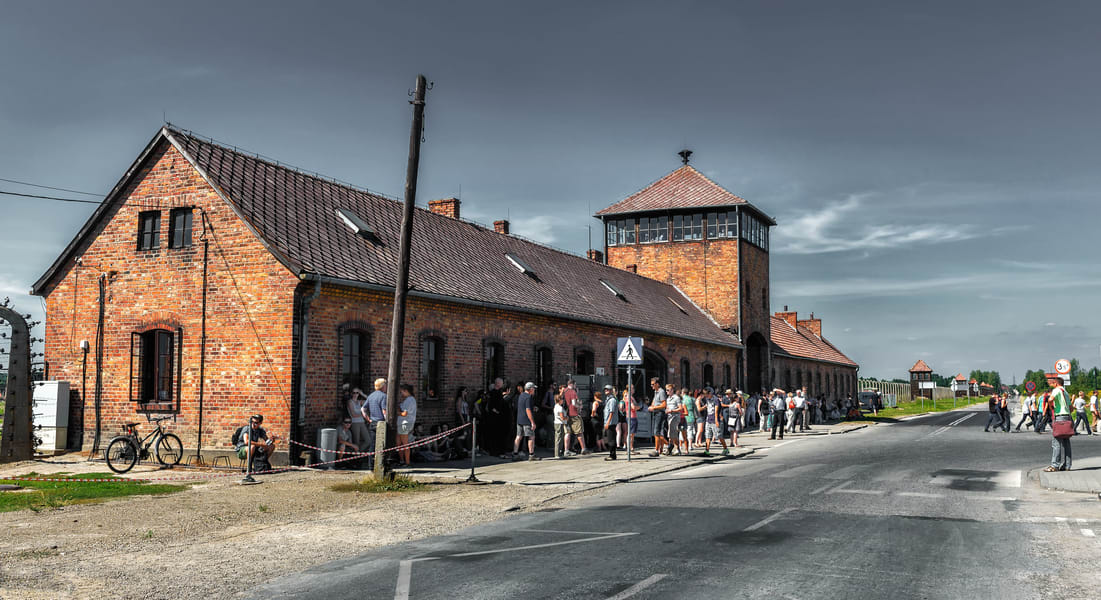
Auschwitz Tours: A Journey Through History and Tragedy
Auschwitz-Birkenau, the largest Nazi concentration and extermination camp, stands as a testament to the horrors of the Holocaust. For many, a visit to this infamous site is an essential part of learning about and honoring the victims of the genocide. In this article, we will explore Auschwitz tours and the experience of Jews in Auschwitz, providing insight into how visitors can make the most of their journey through this tragic chapter in history.
The Significance of Auschwitz Tours
Auschwitz tours provide an opportunity for visitors to learn about the Holocaust and to pay their respects to the millions of victims who lost their lives in Nazi concentration and extermination camps. These tours can offer an emotional and educational experience that is difficult to find elsewhere, and provide a sense of closure for many visitors who have a personal connection to the Holocaust.
The History of Auschwitz
Auschwitz-Birkenau was established by the Nazi regime in 1940, and by 1942, it had become the largest center for mass murder in human history. Over one million people, the vast majority of them Jewish, were killed at the camp, along with Poles, Roma, Soviet prisoners of war, and others. The horrors of Auschwitz are difficult to comprehend, but a visit to the site can offer a glimpse into the past and help ensure that the atrocities committed there are never forgotten.
Planning Your Auschwitz Tour
Before embarking on an Auschwitz tour, it is important to plan ahead. Visitors should be aware that the site can be emotionally overwhelming, and may not be suitable for young children. It is also important to dress appropriately and to be respectful of the site and its history. Many tour operators offer guided tours of Auschwitz, providing visitors with a comprehensive understanding of the camp’s history and significance.
The Experience of Jews in Auschwitz
For Jews, a visit to Auschwitz can be a deeply personal and emotional experience. Many Jews have family members who were killed at the camp, and visiting the site can offer a sense of closure and an opportunity to pay tribute to their loved ones. While the experience of visiting Auschwitz can be difficult, many Jews find that it is an important part of their journey towards understanding and processing the trauma of the Holocaust.
The Importance of Remembering
Auschwitz stands as a symbol of the worst atrocities committed by human beings, and serves as a reminder of the dangers of hatred, prejudice, and genocide. By remembering the victims of Auschwitz and the Holocaust, we can honor their memory and ensure that their legacy is never forgotten. Auschwitz tours offer an opportunity for visitors to learn about the past and to reflect on the importance of creating a more just and peaceful future.
Conclusion
Auschwitz tours offer a unique and powerful experience that can provide visitors with a deeper understanding of the Holocaust and its significance. By planning ahead and being respectful of the site and its history, visitors can make the most of their journey through this tragic chapter in human history. The experience of Jews in Auschwitz is particularly significant, and serves as a reminder of the importance of remembering the victims of the Holocaust. Through education and remembrance, we can honor the memory of those who suffered and died in Auschwitz, and work towards a better future.











